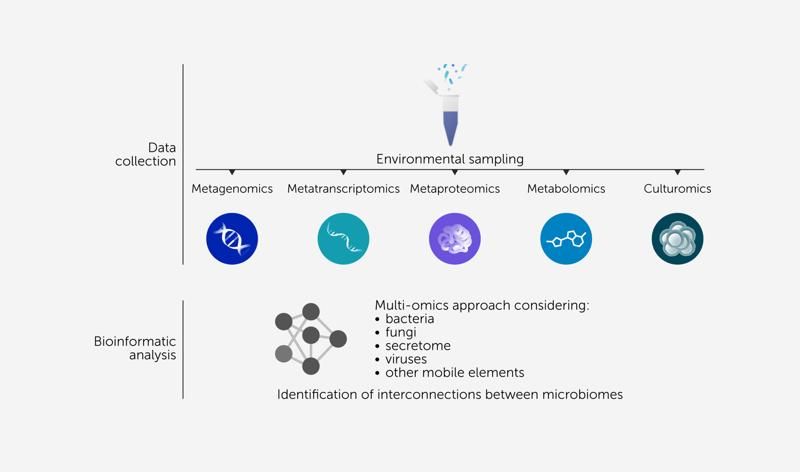
Frontiers in Science Lead Article
Published on 31 Jul 2025
Harnessing agri-food system microbiomes for sustainability and human health
- 131,999 views
- 4 citations
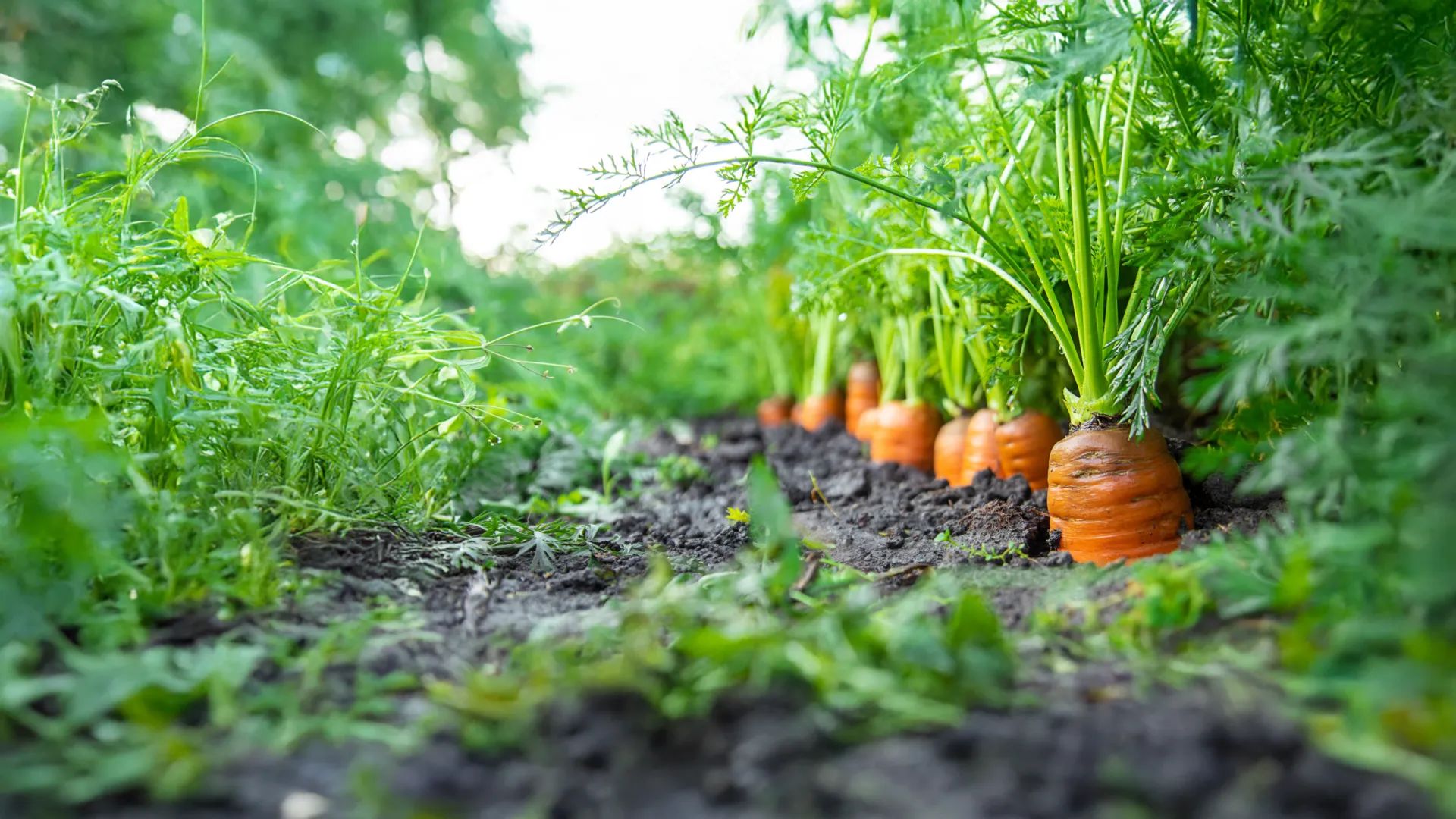

Frontiers in Science Lead Article
Published on 31 Jul 2025
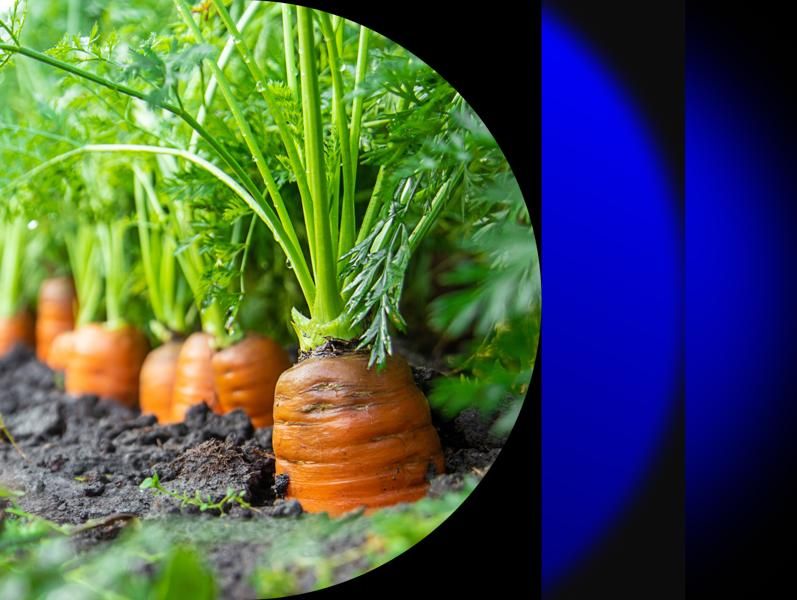
Experts delved into interconnected microbiomes in agri-food systems at a virtual Frontiers Forum Deep Dive session on 11 September 2025.

Microbial stewardship—grounded in function-focused research, cross-sector policy, and education—offers a unifying framework for sustainable agrifood systems, propose Prof. Michael Schloter and Dr. Stefanie Schulz, Helmholtz Munich and Technical University of Munich, Germany.

Fair, inclusive integration of microbiome science into One Health objectives requires active participation from low- and middle-income countries, emphasize Dr Fanette Fontaine and Karel Callens, Food and Agriculture Organization of the United Nations, Italy.

Fermentation improves the digestibility and safety of staple crops, providing a crucial microbe-based strategy for advancing nutrition and food security in low-resource settings, contend Prof Michael G. Gänzle, University of Alberta, Canada, and colleagues.

Addressing child malnutrition with microbiome-based solutions requires in-country scientific and policy partnerships, equitable investment, open global evidence, and technical capacity building across agri-food and health systems, stress Julie Barrett O’Brien and colleagues, OpenBiome Foundation, USA.
Food system microbiomes form a complex, dynamic, and interconnected network that can be traced across soil and marine environments to primary agriculture, farming, and food processing sectors, ultimately influencing human gastrointestinal niches. These microbiomes impact both human and environmental health.
Meta-omic technologies are valuable tools that contribute to advancing our understanding of the composition, functionality, and interactions of food system microbiomes within and across ecosystems to fully leverage the potential of microbiomes.
Advances in microbiome-characterization technologies have helped to highlight the deterioration of specific microbiome networks, including decreased microbial diversity and the spread of antimicrobial resistance, and also to design positive microbiome modulation interventions.
Microbiome-based innovations and applications have the potential to improve the resilience and sustainability of agri-food systems, and the global health of animals, humans, and the environment.
An integrated approach involving all relevant stakeholders is vital for protecting existing microbiomes and restoring damaged microbial networks.
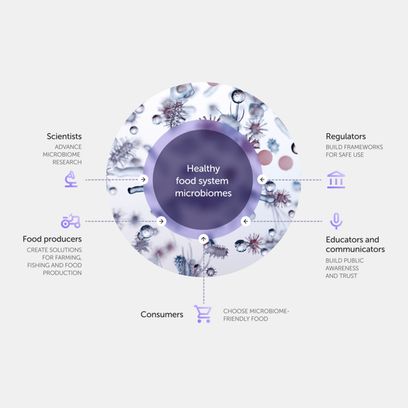
A summary of the lead article in a Q&A format, with infographics and a video.
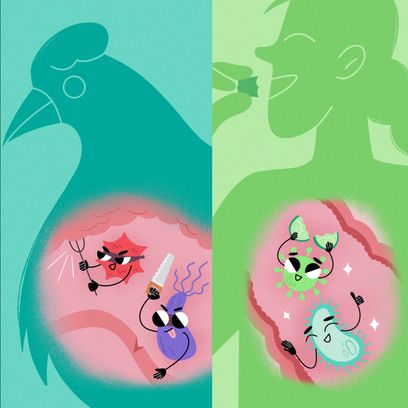
A version of the lead article written for—and peer reviewed by—kids aged 8-15 years.
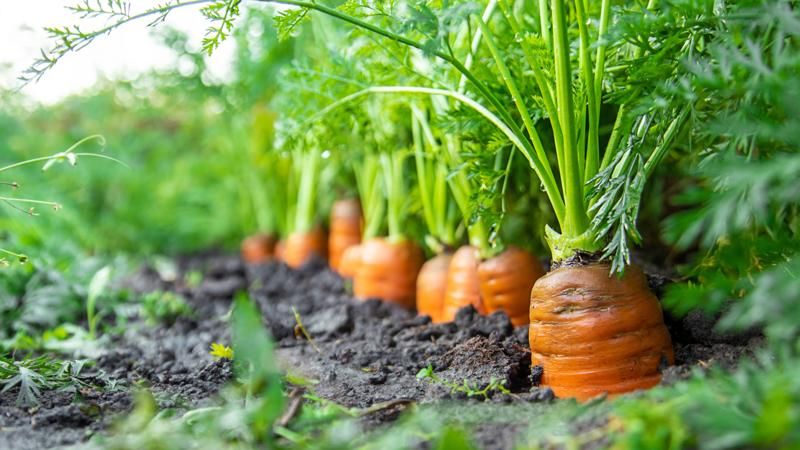
Researchers have mapped how microbes underpin healthy food systems—and how we can stop their decline.

Researchers have mapped how microbes underpin our food systems – and how we can stop their decline.

Published in Frontiers in Science, the map of ‘agri-food system microbiomes’ reveals how players at every stage of the food system can restore and protect dwindling microbiomes to help boost human and planetary health.

Picture the entire food system as an intricate relay race, except the baton is invisible. Trillions of microbes – bacteria, fungi, and viruses – pass nutrients, flavor compounds, and disease-fighting molecules down the line.

Scientists are learning more about the role microbes play in global food systems, advocating for their protection to preserve and enhance the world's food supply.
Follow the science, follow Frontiers in Science